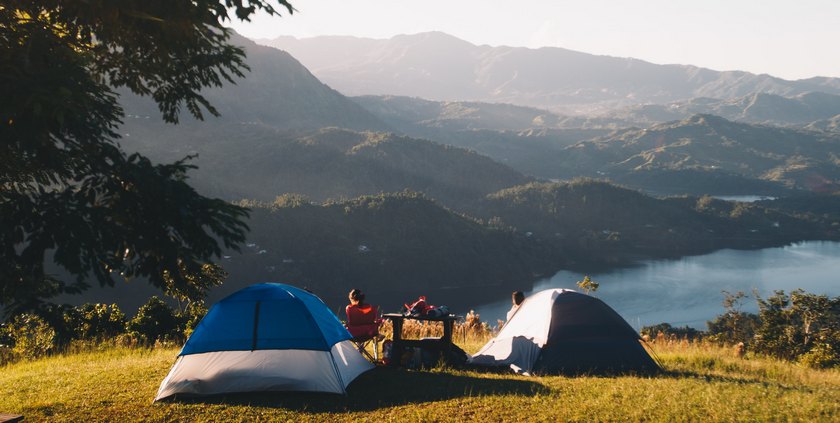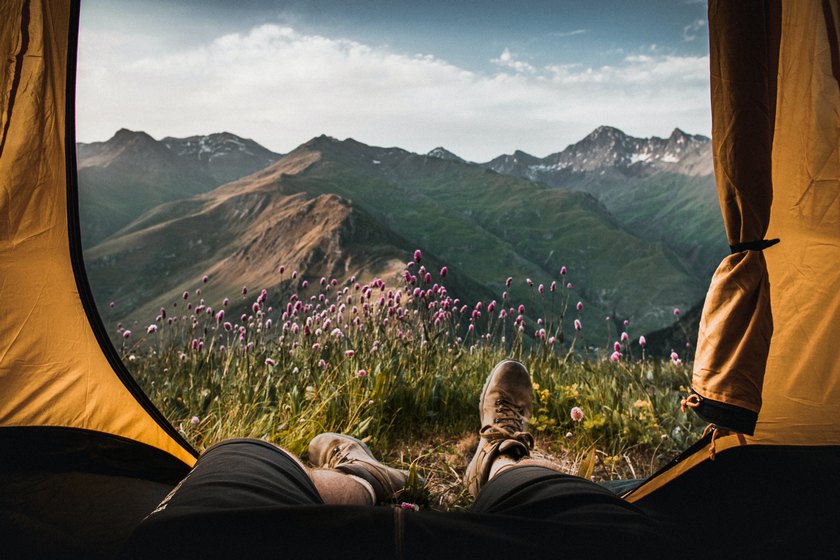Tips for Staying Safe While Camping in a New Location
Camping can be a fun and rewarding experience; however, it’s essential to take safety precautions when exploring unfamiliar areas. If you’re planning on camping in a new location, this guide will help you stay safe by outlining important safety considerations such as necessary preparations, essential supplies, and situational awareness.
How To Stay Safe When Camping In A New Location
Venturing into new territory presents exciting opportunities for exploration, but preparation is key. Here are several important tips to help you remain safe while camping:
#1. Research the Area Before You Go
Prior research is crucial when camping in a new area. Investigate the local regulations, restrictions, and the natural history of the region. Understanding the climate and geography will prepare you for potential challenges during your camping experience. For instance, if you plan to camp in a remote location, knowing the local wildlife can help you take essential precautions to avoid dangerous encounters.

#2. Pack Essential Supplies
Ensure you have all necessary supplies for your camping trip, including food, water, shelter, and first-aid materials. Additionally, packing extras can be beneficial in case of unforeseen circumstances. If camping in an area prone to severe weather, bring additional supplies. Communication devices, such as satellite phones or two-way radios, could be invaluable in case of emergencies.
#3. Know Your Limits
Understanding your personal limits is crucial when camping. If you feel uncomfortable with a particular activity, it is okay to decline. Also, be mindful of your physical condition, particularly if you have any medical issues that could be exacerbated by outdoor activities.

#4. Communicate Your Plans
Before heading out, inform someone trustworthy of your camping destination and planned return. Sharing a detailed itinerary can help ensure that if you don’t return as expected, someone knows where to begin the search.
#5. Practice Fire Safety
If using a campfire, it is crucial to follow all necessary safety measures. Build your fire in designated areas away from flammable materials, maintain control of it at all times, and ensure it is completely extinguished before leaving it unattended or going to bed.
#6. Understand Common Dangers in New Locations
Awareness of the general risks associated with camping can enhance your safety. Research potential dangers and have strategies in place to mitigate them. Common hazards when camping in new areas may include:
- Poorly Marked Trails: Unfamiliarity with trail markings can lead to getting lost. Be sure to carry a reliable map and compass.
- Dangerous Wildlife: Depending on your camping spot, be aware of local wildlife risks. This might include bears or snakes. Research can help you stay informed.
- Extreme Weather Conditions: Weather changes can occur rapidly. Stay updated with forecasts and be equipped to handle various weather scenarios.
Final Thoughts: Essential Tips for Camping Safely in New Locations
Camping in a new area is undoubtedly an exciting adventure; however, safety should always be a top priority. Adhering to these tips will help ensure that your trip is both enjoyable and safe.




